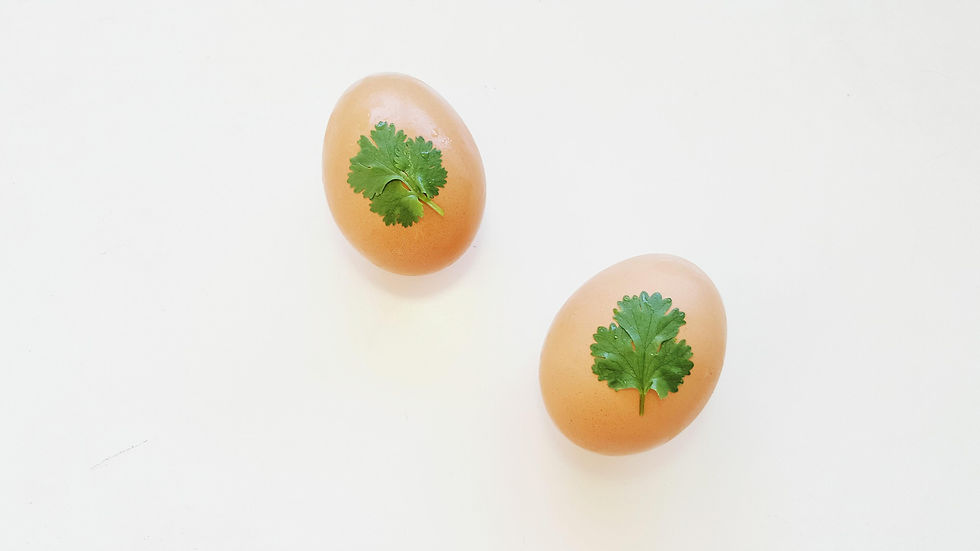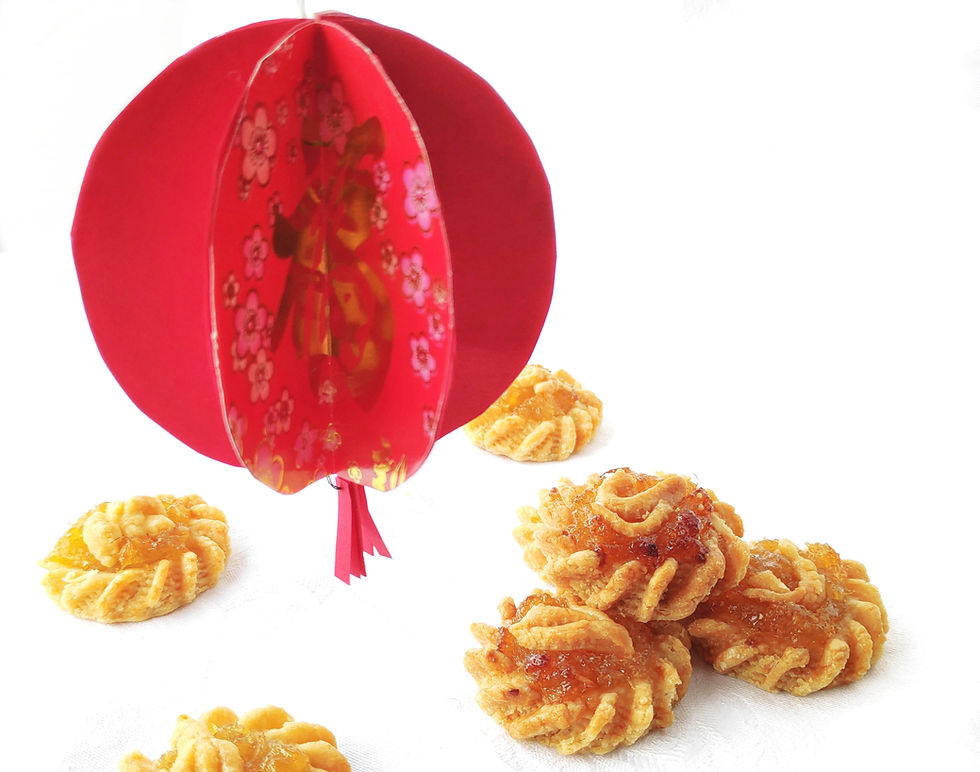Zero Waste Easter
- Brittany Ainsworth

- Mar 23, 2018
- 3 min read
Updated: Oct 26, 2018
Easter doesn’t have to be littered with excess foil wrapping, plastic/cardboard packaging or sugar hyped up kids. Instead turn your Easter Zero Waste with these simple DIYs.

Holidays are tough when you want to be Zero Waste minded but still keep up with the expectations of holiday traditions. Easter is a time for mounds of chocolates, egg decorating and the thrill of an Easter egg hunt. However these holiday activities can result in hoards of waste in the form of chocolate foil wrappings, plastic and cardboard packaging and countless little plastic Easter eggs.
I love a good Easter egg hunt but the sight of those plastic Easter egg containers makes me cringe (I hope you know what I’m talking about)! So I’ve come up with a way for you to make your own Zero Waste Easter eggs using up-cycled cardboard egg cartons.
You could stuff your Zero Waste Easter eggs with a multitude of things including
- Bulk candy
- Movie tickets
- Homemade play dough
- Coins
If you’re short for time you could easily just make egg shaped containers instead of bunnies and decorate to your hearts content.
Also if stuffing with bulk candy make sure to secure your eggs shut with paper tape to stop ants from getting into them.

Zero Waste Easter Egg Bunnies
Egg cartons
Paint
Scissors
Glue
Tape
Cut three bottom sections of the egg carton for one bunny (two for just an egg shape)
Trim the edges then a line two together and tape one edge
Take the third section and leave half for the face then cut the second half into ears (refer to photo below)
Paint all sections white and allow to dry then paint on the bunny's face
Attach the face to the body using glue
Fill with Zero Waste Easter goodies!

Zero Waste Easter egg crafts are a great way to keep the kids busy for a couple hours while you sneakily hide your Zero Waste Easter Egg Bunnies in all the best spots. Creating natural dyes to decorate your Easter eggs is a fun and safe way to experiment with the kids (or for yourself!).

Naturally Dyed Easter Eggs
Purple cabbage
Hard boiled eggs
White vinegar
Mesh cloth
Rubber bands
Leaves to decorate
1 cup purple cabbage per cup of water = blue on white eggs, green on brown eggs
Make hard boiled eggs let cool to room temperature
Measure amount of water to dye material ratio
Bring water to a boil and add shredded cabbage
Simmer and cover for 15 - 30 minutes depending on your colour preference
When the dye is a few hues darker than your desired colour, remove from heat and allow to cool to room temperature.
Strain the liquid and compost the cabbage pieces
Add 1 tablespoon of white vinegar to every cup of strained dye liquid
Transfer eggs to a container and cover with dye liquid, make sure the eggs are fully submerged
Put the container in the fridge and leave until desired colour is reached, for brown eggs this may take up to 12 hours
Decorated eggs
Before placing in dye, wet a pretty leaf (I used coriander) and place on hard boiled egg
Wrap egg in mesh cloth and tie with rubber band
Alternatively for stripes on your eggs wrap a rubber band around them before placing them in the dye


I personally love the blue/green colour the purple cabbage creates but if you wanted to try some other fun natural colours let me know they turn out.
Yellow : Turmeric
Pink/Red : Beetroot
Orange : Onion skin
Brown : Tea/coffee

Do you have any Zero Waste Easter ideas you would like to share? Let me know in the comments below!







Comments